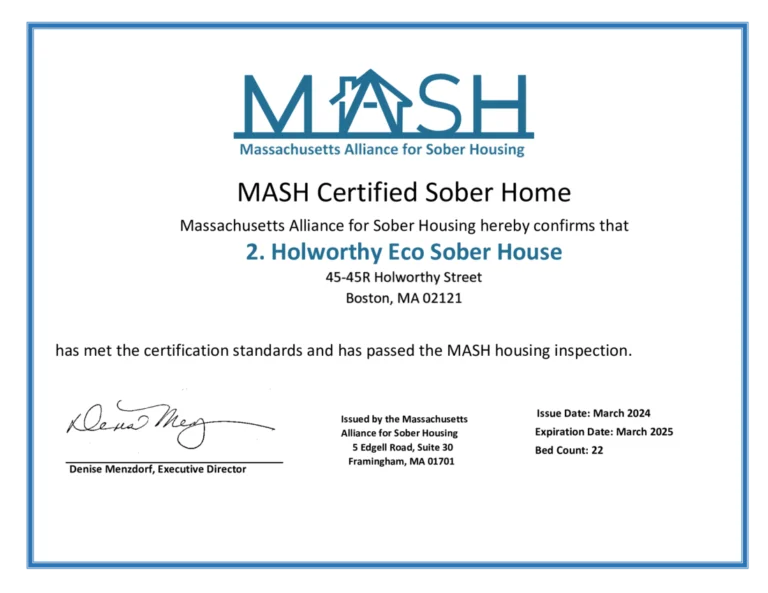
This disconnect between most of our theories and the inherent, interpersonal nature of IPA prevents research from fully examining the dynamic interplay between both partners in the development of discrete episodes of IPA. Rates of psychological aggression are somewhat normative in most community and clinical samples, with 75% of males and 80% of females reporting psychological aggression perpetration (e.g., Jose & O’Leary, 2009). These data strongly indicate the need to develop clear and testable models of IPA etiology that may translate into useful approaches to offender rehabilitation. Moreover, the link between alcohol and aggression is well-documented, with alcohol consumption often leading to aggressive behaviors that can escalate into domestic violence, further damaging the fabric of family relationships. The economic impact is also significant, as excessive drinking can lead to financial instability, healthcare costs, and lost productivity, all of which contribute to familial stress and potential conflict.
Codependency and Abuse
“There are multiple ways to manage alcohol use in social settings to include learning and implementing harm reduction strategies, moderation management, and using refusal skills. Just as you might think to yourself, “maybe I should get more sleep this week,” you can think, “maybe I should check in with myself about my alcohol consumption.” Here’s how to https://ecosoberhouse.com/ start. Utilizing these strategies and seeking proper treatment for AUD can improve the lives of all involved and lead to a stronger, healthier relationship in the future. Alcohol use disorder is a complex condition that can wreak havoc on relationships. Fortunately, there are several ways to address or prevent alcohol problems in your relationship.
Effects on Social Life
- Research indicates that alcohol may increase aggressive behavior through various psychological and neurobiological mechanisms.
- Specifically, greater female alcohol use increased perceived male partner negativity the following day only when the male partner failed to drink heavily.
- While 12-step programs and inpatient rehabilitation are standard options, thanks to years of research, everyone can find a solution to help them reach sobriety.
- According to one 2019 survey, only around 1.6% of adults with an AUD reported using medications during treatment.
- Spouses may catch alcoholics drinking in secret or see the emotional side effects of alcoholism.
More specifically, the severity of relationship distress is influenced by alcohol consumption by one (or both) people’s alcohol consumption. Sometimes, we have questions or concerns about our relationship with alcohol, but we’re not sure where to turn for answers or if a problem even exists. Designed as a quick, at-home assessment, a quiz can help you evaluate if drinking is getting in the way of your happiness or other aspects of your life.
Alcohol Addiction Support

Initially, a person may think that using alcohol helps them deal with these stressors, but over time, frequent heavy drinking can turn into dependence on the substance. Once individuals become psychologically addicted, alcohol misuse can become all-consuming. As individuals are often part of social networks, it is easy to understand how alcohol misuse has a ripple effect across a person’s entire network of family, friends, employers, colleagues, and anyone else who alcohol and relationships depends on the person. With a daily diary methodology, participants are instructed to report target behaviors each calendar day. Narrowing the reference period to the last 24-hr and increasing the frequency of responding reduce the risk of retrospective memory bias in reporting alcohol use and IPA. This method further allows from more precise sequencing of target behaviors that would not be possible using longitudinal methods (Cranford, Tennen, & Zucker, 2010).
Support Groups for Families of Alcoholics
These groups give people affected by someone else’s alcoholism a safe environment to talk about the impact that the person has on their life. Many people who attend support group meetings experience therapeutic benefits. High-functioning alcoholics can be moms, dads, husbands, wives, brothers or sisters.


Alcohol and romantic relationships
Signs alcohol may be affecting your relationship

What Are the Warning Signs That Alcohol Misuse Is Interfering With Relationships?

